Employee Frequently Asked Questions
Select a question to reveal the answer.
What is the Grace Period Option and the Carryover Option?
What are the maximums for each benefit?
How do employees pay for benefits on a pre-tax basis?
Who can participate in the Salary Reduction Plan?
Whose expenses can be reimbursed from the plans?
What does it mean to incur expenses?
What must I do to be reimbursed for my expenses?
How often can I request reimbursements?
Can I change my election or stop contributing money to my plan at any time during the plan year?
What happens if my employment ends during the Plan Year or I lose eligibility for other reasons?
What benefit(s) can I elect?
Your employer may offer you the following plans:
• Medical Flexible Spending Account (MEDFSA) – Permits an employee to pay for his or her qualifying Medical Care Expenses that are not otherwise reimbursed by insurance with pre-tax dollars.
• Dependent Care Account (DCA) - Permits an employee to pay for his or her qualifying Childcare and Elder Care Expenses with pre-tax dollars.
• Health Savings Account – (HSA) – Permits an employee to pay for his or her qualifying Medical Care Expenses that are not otherwise reimbursed by insurance with pre-tax dollars through an employee-owned saving account in combination with a High Deductible Health Plan (HDHP).
• Limited Medical Flexible Spending Account (LTDFSA) - Permits an employee to pay for his or her qualifying Medical Care Expenses that are not otherwise reimbursed by insurance with pre-tax dollars, however these expenses are limited to Dental and, Vision. These plans are often used in conjunction with HSA plans.
• Health Reimbursement Account (HRA) – Permits an employee to pay for his or her qualifying Medical Care Expenses (determined by plan design) that are not otherwise reimbursed by insurance with pre-tax dollars through an employer funded program.
• Qualified Transportation Benefits (QTB) - Permits an employee to pay for his or her eligible transit and parking expenses related to commuters.
• Premium Only Plan (PoP) - Permits an employee to pay for his or her portion of paid certain group insurance premiums with pre-tax dollars.
• Lifestyle Accounts (LSA) — Permits an employee to pay for a variety of lifestyle and wellness expenses (as determined by plan design) with post-tax dollars through an employer funded program.
*Not all plans are offered by all employers. Check your Plan Specifications or talk to your Employer about which plans you can enroll in
What is the Grace Period Option and the Carryover Option?
In order to have the Grace Period option or the Carryover Option, your Employer must make a formal adoption prior to the beginning of a Plan Year. A Plan can have either a Grace Period option or a Carryover Option (but not both) or neither of these features.
The Grace Period option allows participants to access unused amounts after the end of a plan year to reimburse eligible MEDFSA expenses incurred during a “grace period” of up to 2 ½ months after the end of the immediately preceding plan year.
The Carryover Option allows participants to carry over up to $660* of unused MEDFSA amounts remaining at the end of a plan year. Amounts carried over are available to reimburse eligible medical expenses incurred in a subsequent plan year. A new election is not required in the carry over year in order for funds to be available to the eligible participant. Funds will continue to carry over from year to year until the funds are depleted or the employee ceases to be an eligible participant or terminates employment.
*Please refer to the Annual Plan Specifications to see if your Employer adopted the Grace Period option, the Carryover Option or neither.
What is the Run-Out Period?
The Run-Out Period is included in all MEDFSA, DCA, and HRA plans (unless otherwise decided by your employer). It allows participants to claim reimbursements for services incurred within their plan for up to 3 months after the plan ends.
What are the maximums for each benefit?
You may choose any amount of election that you desire for your plan, subject to the minimum and maximum determined by your employer and applicable tax laws. Your specific limits can be found in your Annual Plan Specifications, or through your employer.
How do employees pay for benefits on a pre-tax basis?
An Employee’s election to pay for benefits on a pre-tax or after-tax basis is made by entering into an Election Form/Salary Reduction Agreement with the Employer. Under that Agreement, if you elect to pay for benefits on a pre-tax basis, you agree to a salary reduction to pay for your share of the cost of coverage (also known as contributions) with pre-tax funds instead of receiving a corresponding amount of your regular pay that would otherwise be subject to taxes.
Who can participate in the Salary Reduction Plan?
An employee, who meets the eligibility requirements set forth by your Employer found in the Annual Plan Specifications, is eligible to participate in the Plan.
Whose expenses can be reimbursed from the plans?
MEDFSA – The employee, the employee’s spouse and the employee’s legal dependent (participation in employer’s health insurance plan not required)
DCA – The employee’s legal dependent
HSA – The employee, the employee’s spouse and the employee’s legal dependent
HRA – The employee, the employee’s spouse and the employee’s legal dependent
(unless otherwise stated by plan design)
QTB – The employee
What does it mean to incur expenses?
The IRS considers expenses to be "incurred" at the time you receive medical care or dependent care--not when you are formally billed or actually pay for services. Only eligible expenses you incur within the plan year, including any employer-allowed grace period, are eligible for reimbursement.
What must I do to be reimbursed for my expenses?
Depending on your employer’s plan design, there are several ways to be reimbursed:
• Manual Claims – You can print off a claim form from the forms section of the website or through the Web Portal and send it back to Advantage Benefits Plus, with the correct documentation, via mail, fax or e-mail. (see Forms for details on eligible expense and correct documentation) (see Contact Us for mail, fax and e-mail details)
• Online Claims – Every participant has a login to our website and can submit claims for all benefits online. Simple login, click submit a claim and follow the onscreen instructions.
• Benefits Debit Card – You can use your Benny Debit Card to pay for your eligible out of pocket expenses right at the POS. Simply swipe your card and you’re done! Be sure to keep all receipts as some transactions may still require documentation. (Not available for all participants. See Employer for more details)
How often can I request reimbursements?
Reimbursements can be requested as often as qualified expense are incurred. Expenses must be incurred during the plan year and the reimbursement must be requested before the end of the run-out period (or grace period if applicable).
Can I change my election or stop contributing money to my plan at any time during the plan year?
For the Medical FSA, Limited FSA, and the Dependent Care FSA, federal regulations state that once you have enrolled in the plan, you cannot change your election amount unless you have a qualifying life event. Your employer can give you a list of permitted change events
The Qualified Transportation Benefit plan does allow you to make changes or stop your plan at any point. Note that employers can limit when and how many times you can change your election. Talk to your employer for more details.
What happens if my employment ends during the Plan Year or I lose eligibility for other reasons?
If your employment with the employer is terminated during the Plan Year, then your active participation in the Plan will cease and you will not be able to make any more contributions or incur any more expenses for PoP, MEDFSA, DCA, HRA and QTB plans. Your 90 day runout period begins the following day your plan ended, so any claims will have to be submitted within your runout for expenses incurred before your termination date.
For purposes of pre-taxing COBRA coverage, certain employees may be able to continue eligibility in the Plan for certain periods. See your employer for more information on COBRA.

